Benefits of natural antibacterial pine wood cat litter
Welcome cat lovers! If you're in search of a natural and effective solution to keep your feline friend's litter box fresh and clean, then look no further than natural antibacterial pine wood cat litters. These innovative litters not only provide an environmentally-friendly alternative to traditional clay or synthetic options but also offer a range of benefits for both you and your furry companion. In this article, Max Pet will delve into the wonders of these pine-based litters and uncover why they are becoming increasingly popular among pet owners. So, let's explore the many advantages that make natural antibacterial pine wood cat litters purr-fect for your home!
Benefits of natural antibacterial pine wood cat litters supply
When it comes to finding the perfect cat litter for your furry friend, there are countless options available on the market. From clay to silica gel and everything in between, it can be overwhelming trying to decide which one is best. But have you ever considered natural antibacterial pine wood cat litters? These innovative products offer a range of benefits that make them worth considering for both you and your feline companion.
One of the main advantages of natural antibacterial pine wood cat litters is their ability to control odors effectively. Unlike some other types of litter that simply mask unpleasant smells, pine wood litters actually neutralize them at their source. The natural properties of pine help absorb moisture and inhibit bacterial growth, ensuring that your home stays fresh and odor-free.
Another benefit of these litters is their excellent absorption capabilities. Pine wood naturally absorbs liquid more efficiently than many other materials used in cat litter production. This means less tracking around the house and a cleaner litter box overall.
In addition to being highly absorbent, natural antibacterial pine wood cat litters also tend to last longer than traditional options. With their superior absorption abilities, they require fewer frequent replacements, saving you time and money in the long run.
Furthermore, using a natural product like pine wood helps reduce environmental impact compared to synthetic alternatives. Many conventional cat litters are made from non-renewable resources or contain harmful chemicals that can harm ecosystems when disposed of improperly. By choosing a sustainable option like natural antibacterial pine wood litter, you're making an eco-friendly choice for both your pet's well-being and the planet as a whole.
If you're looking for an effective solution that tackles odor control while being environmentally friendly, consider giving natural antibacterial pine wood cat litters a try! Your four-legged friend will appreciate it too as they enjoy digging into this comfortable and safe material during their bathroom breaks!

Conclusion
Natural antibacterial pine wood cat litters offer numerous benefits for both cats and their owners. With their ability to control odors, absorb moisture effectively, and provide a safe environment for cats to do their business, these litters are becoming increasingly popular among pet owners.
By harnessing the natural antibacterial properties of pine wood, these litters help eliminate harmful bacteria that can lead to unpleasant smells and potential health issues. The absorption capabilities ensure that any liquids are quickly absorbed, preventing any mess or leakage.
Additionally, the natural aroma of pine provides a pleasant scent while also acting as a deterrent for pests such as fleas. This helps create an inviting litter box environment for your furry friend.
Furthermore, natural pine wood cat litters are environmentally friendly since they come from renewable sources and can be composted or safely disposed of without harming the planet.
Choosing a natural antibacterial pine wood cat litter not only keeps your home smelling fresh but also promotes the health and well-being of your beloved feline companion. Make the switch today and enjoy all the benefits this eco-friendly option has to offer!
Remember to always consult with your veterinarian before making any changes to your cat's litter type or routine.
-
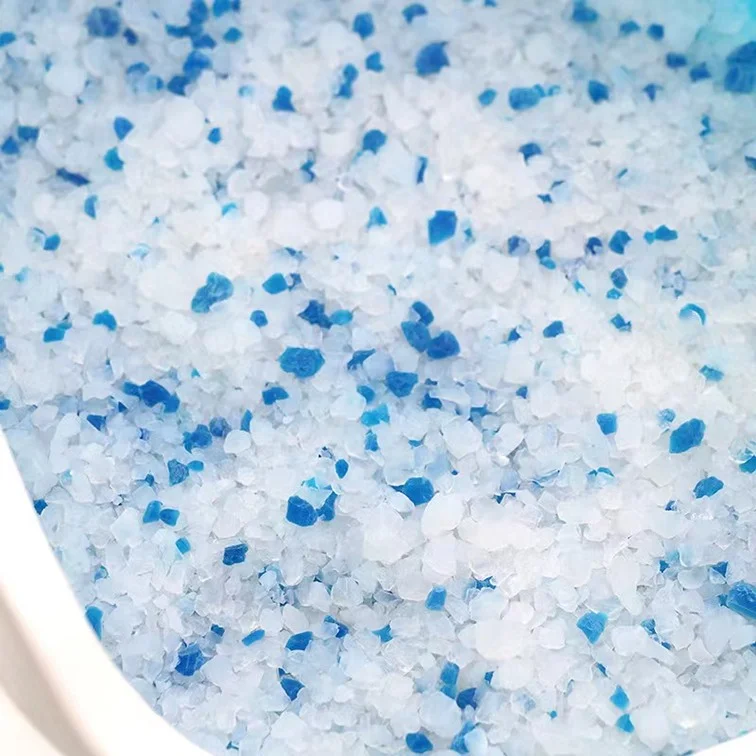 04 Jan 2024How to choose durable deodorant crystal cat litter sand?Max Pet will discuss how to choose durable deodorant crystal cat litter sand for sale that will meet your cat's needs and last for a long time.
04 Jan 2024How to choose durable deodorant crystal cat litter sand?Max Pet will discuss how to choose durable deodorant crystal cat litter sand for sale that will meet your cat's needs and last for a long time.
 Read more
Read more


-
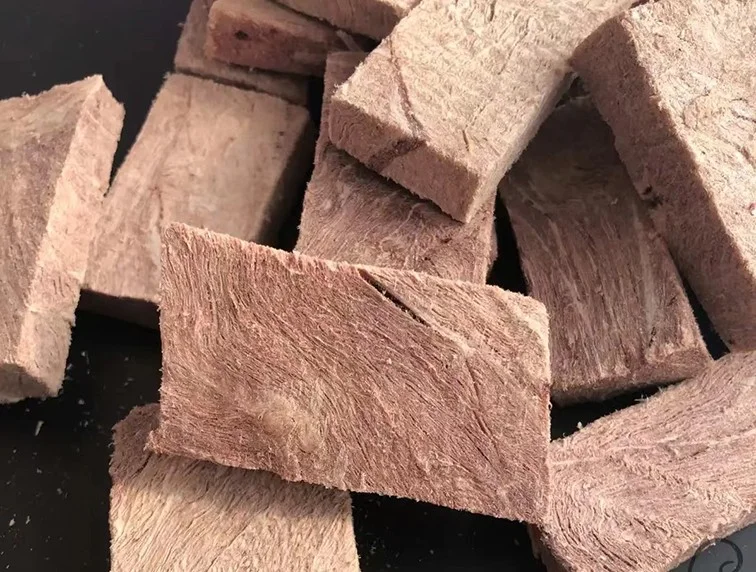 27 Nov 2023Advantages of multivitamins freeze-dried fresh beefMax Pet will explore the advantages of multivitamins freeze-dried fresh beef for sale, and why you might want to consider incorporating them into your daily routine.
27 Nov 2023Advantages of multivitamins freeze-dried fresh beefMax Pet will explore the advantages of multivitamins freeze-dried fresh beef for sale, and why you might want to consider incorporating them into your daily routine.
 Read more
Read more


-
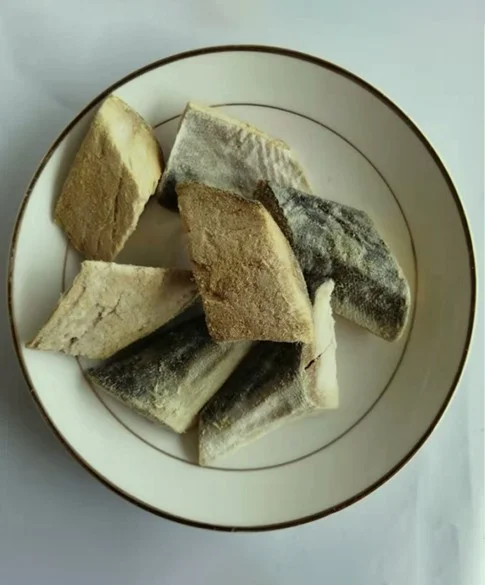 14 Nov 2023Features of pet fresh freeze dried mackerel cubesMax Pet will discuss the features of this amazing pet fresh freeze dried mackerel cubes for sale and why it is the ultimate choice for your furry friend.
14 Nov 2023Features of pet fresh freeze dried mackerel cubesMax Pet will discuss the features of this amazing pet fresh freeze dried mackerel cubes for sale and why it is the ultimate choice for your furry friend.
 Read more
Read more


-
 25 May 2023Advantages of natural dust-free bentonite ball cat litterMax Pet will supply you with the advantages of natural dust-free bentonite ball litter for sale and show you why cat litter should be on your shopping list!
25 May 2023Advantages of natural dust-free bentonite ball cat litterMax Pet will supply you with the advantages of natural dust-free bentonite ball litter for sale and show you why cat litter should be on your shopping list!
 Read more
Read more


-
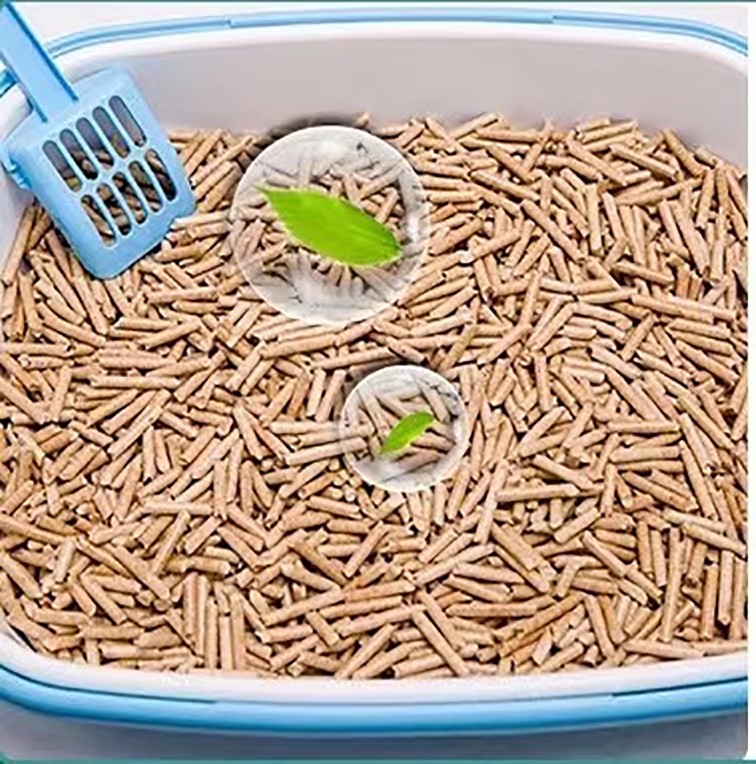 10 Jul 2023Features of recyclable antibacterial pine wood cat litterMax Pet will supply you with the features of recyclable antibacterial pine wood cat litter for sale, which has excellent odor control and absorption.
10 Jul 2023Features of recyclable antibacterial pine wood cat litterMax Pet will supply you with the features of recyclable antibacterial pine wood cat litter for sale, which has excellent odor control and absorption.
 Read more
Read more


-
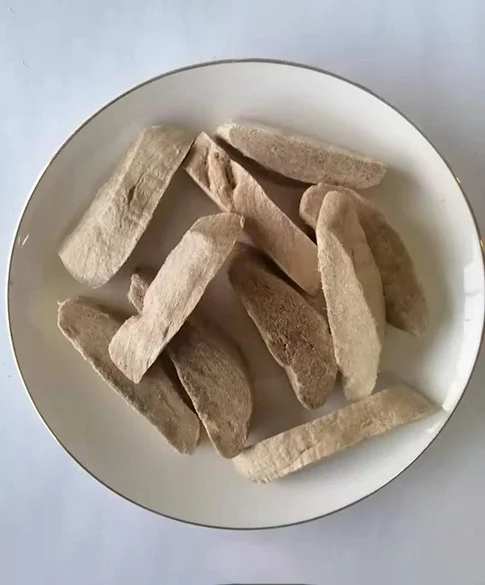 20 Nov 2023Production process of Digestible freeze dried duck cubeAs pet owners, we always want the best for our furry friends. Max Pet will share the production process of digestible freeze-dried duck cube for sale.
20 Nov 2023Production process of Digestible freeze dried duck cubeAs pet owners, we always want the best for our furry friends. Max Pet will share the production process of digestible freeze-dried duck cube for sale.
 Read more
Read more





